
The need to bridge medical interventions with functional and holistic approaches to achieve long-term success
Hair loss is surrounded by misinformation. Learn the most common myths—and the science-based truths—about washing, oils, hats, genetics, hormones, nutrition, and scalp health from a functional trichology perspective.
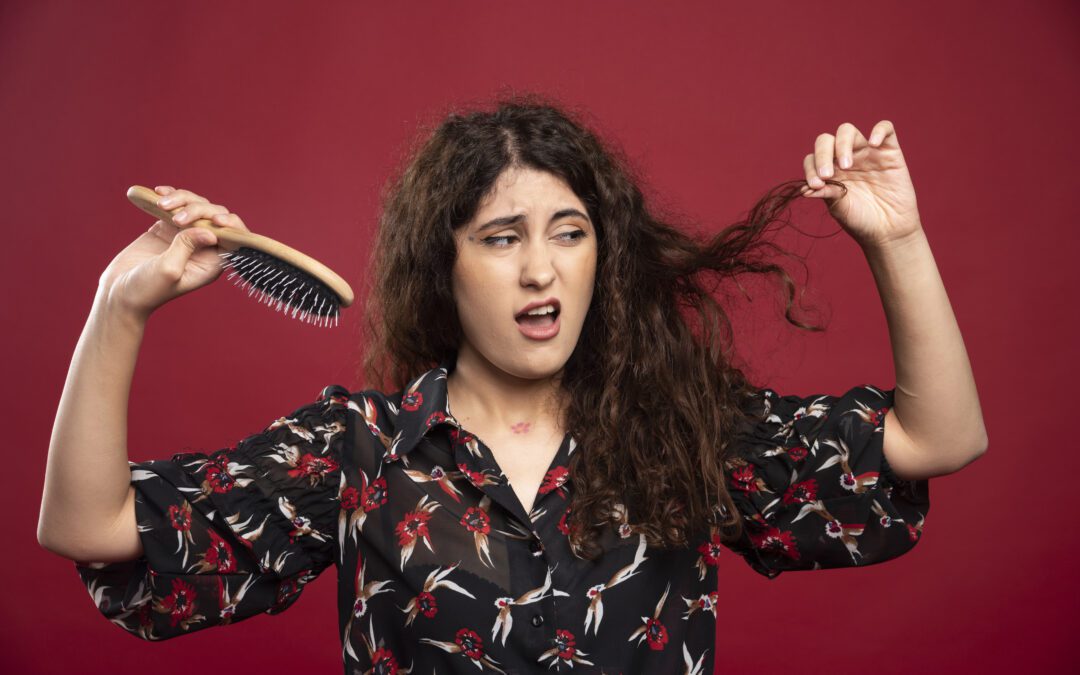
Hair Loss Myths That Keep You Stuck: What Science Really Says
Hair loss is surrounded by misinformation. Learn the most common myths—and the science-based truths—about washing, oils, hats, genetics, hormones, nutrition, and scalp health from a functional trichology perspective.
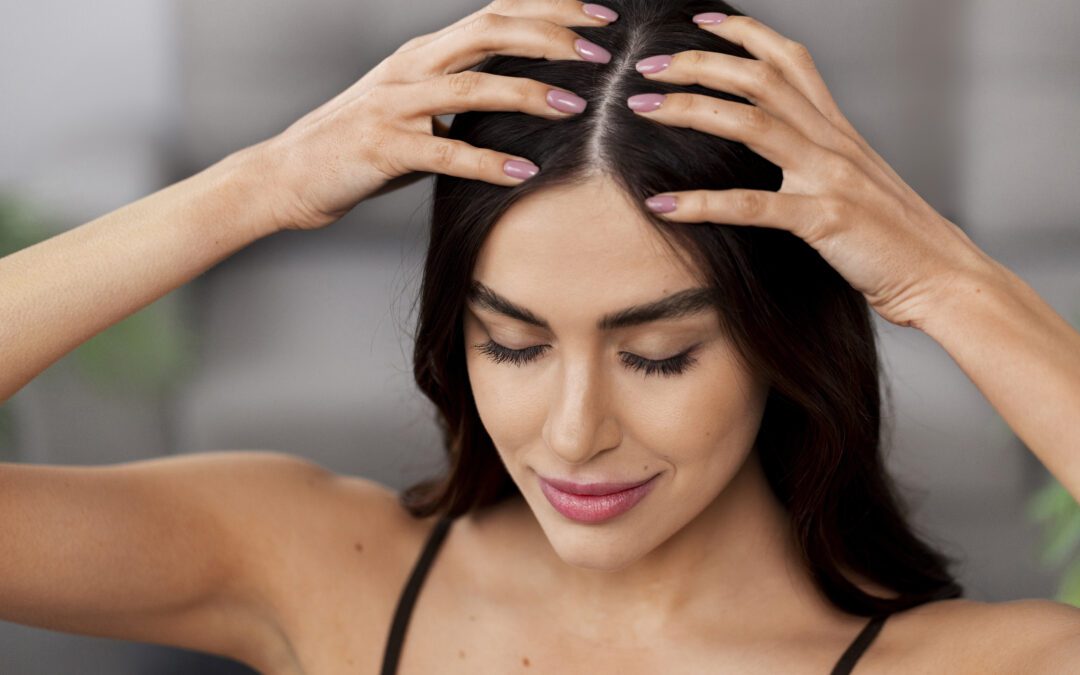
The Gut–Hair Connection: How Your Microbiome Influences Shedding, Growth, and Scalp Health
New research confirms a powerful connection between gut health, inflammation, and hair loss. Learn how dysbiosis, nutrient malabsorption, and immune dysfunction impact hair growth—and how functional trichology restores balance from within.

The Future of Hair Regrowth: Emerging Regenerative Treatments You Should Know About
A scientific deep dive into the newest regenerative hair-loss treatments—including AI-designed molecules, stem-cell modulation, growth-factor therapy, and biofilm research. Learn how these innovations work and why preparing the internal terrain through functional trichology is essential for long-term success.
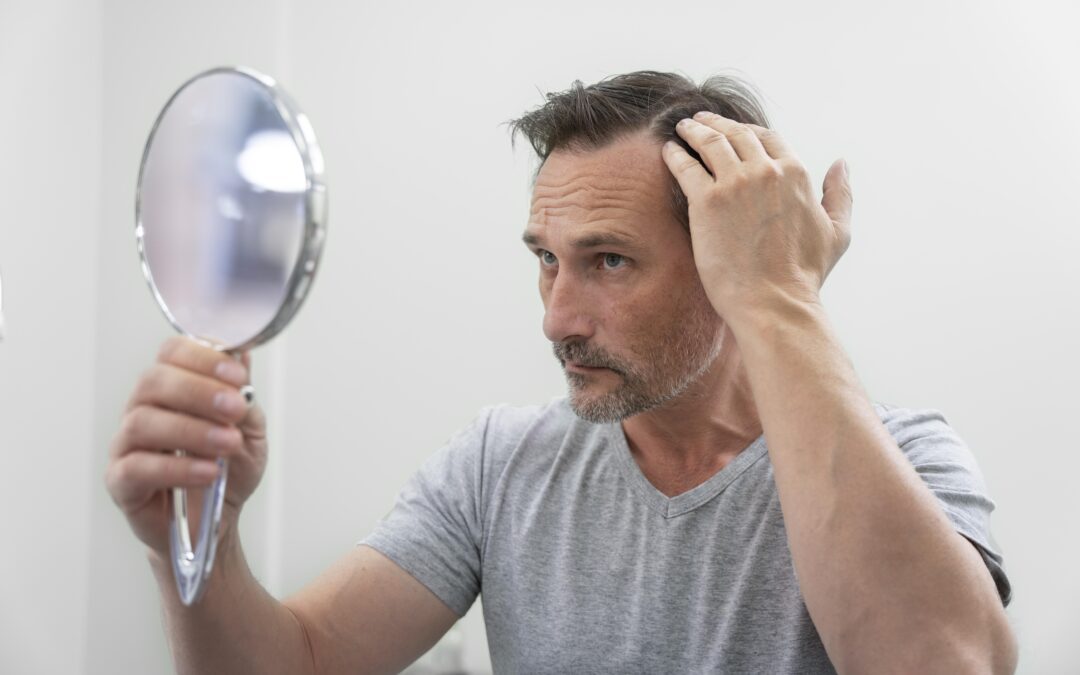
Finasteride and Hair Loss: What You Should Know About Mental Health Risks
Emerging research suggests finasteride, a common hair-loss medication, may increase the risk of depression and other psychiatric side effects. Learn how this medication works, who may be at risk, and how functional trichology offers an integrative, safer approach to hair restoration.
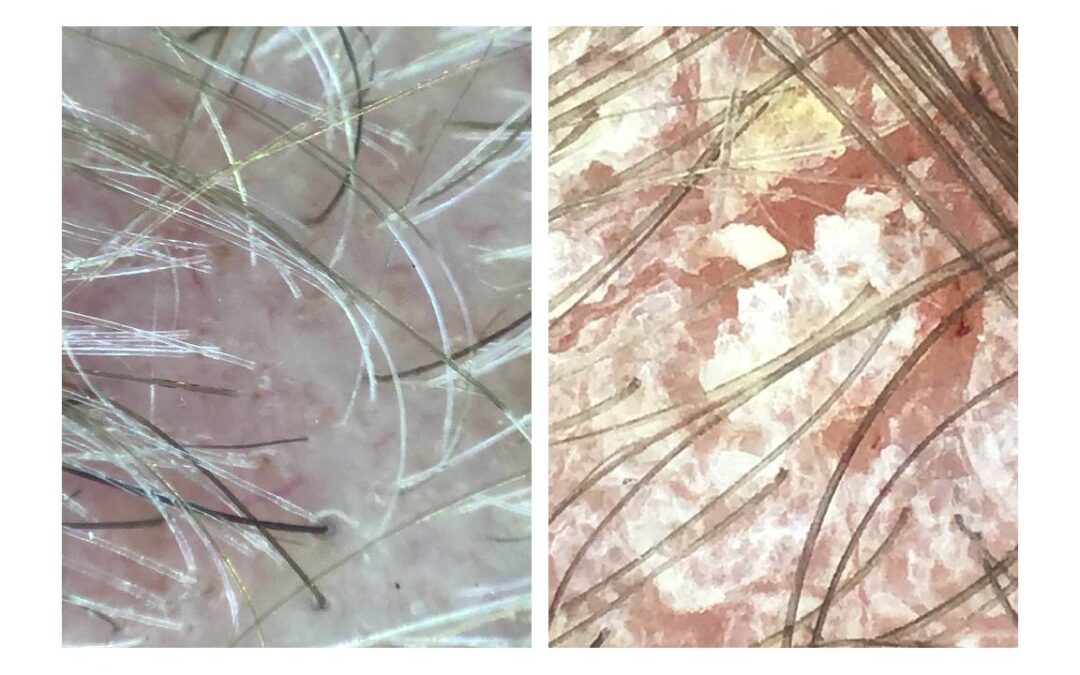
How to Tell the Difference Between Scalp Psoriasis, Seborrheic Dermatitis, and Dandruff
Introduction Itchy, flaky scalp conditions are common, but not all scalp flaking is the same. Many individuals confuse dandruff, seborrheic dermatitis, and scalp psoriasis, yet each has distinct causes, patterns, and implications for long-term scalp and hair health....
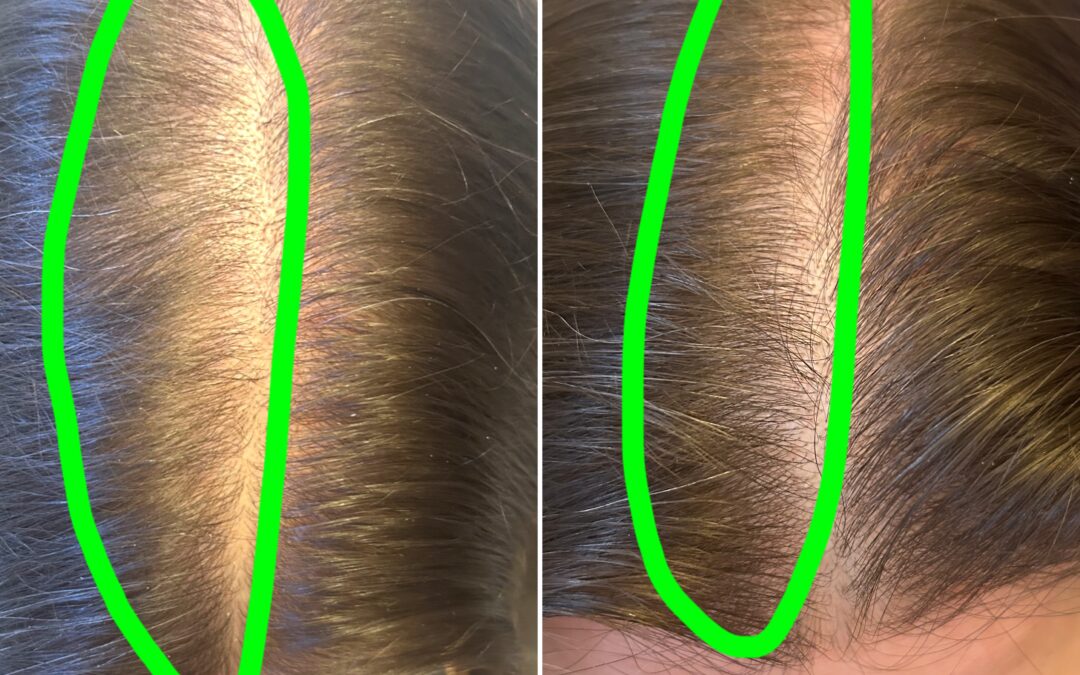
Why Is My Hair Shedding After Starting Weight Loss or a New Diet?
Introduction It can feel discouraging to notice more hair falling out just when you’ve committed to improving your health with a new diet or weight loss program. Many individuals experience increased shedding in the months following significant dietary changes, and...
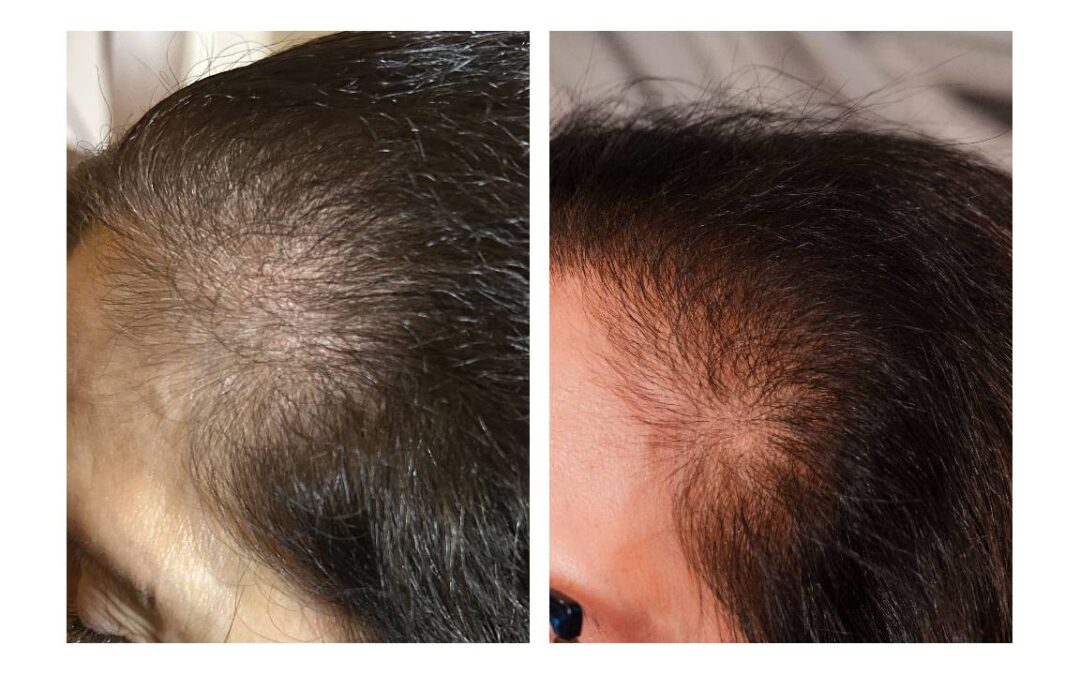
Case Study: Integrative Management of Hair Loss Risk in a Client on GLP-1 Therapy
Abstract Background: Glucagon-like peptide-1 (GLP-1) receptor agonists are widely prescribed for weight management and type 2 diabetes due to their effects on glucose regulation, appetite suppression, and metabolic health. However, hair shedding has been increasingly...
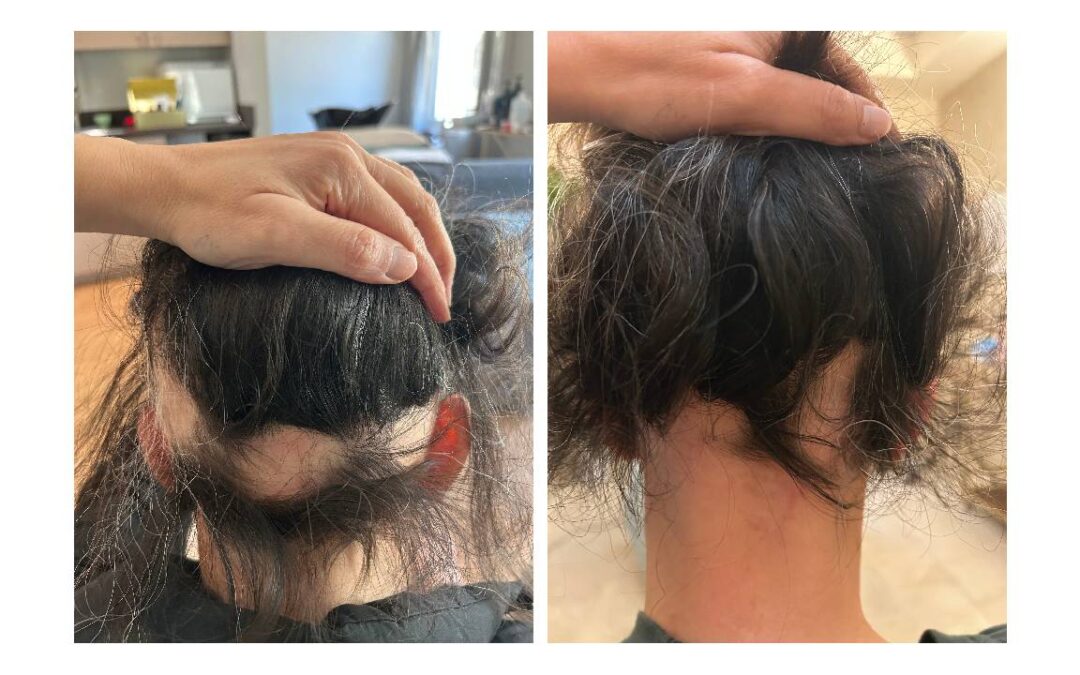
Case Study: Integrative Management of Alopecia Areata Ophiasis Associated with Toxicity, Fungal Infections, and Immune Dysfunction
Abstract Alopecia areata (AA) is an autoimmune condition characterized by non-scarring hair loss. The ophiasis variant, which affects the occipital and temporal regions of the scalp, is often resistant to conventional therapies and associated with a poorer prognosis....
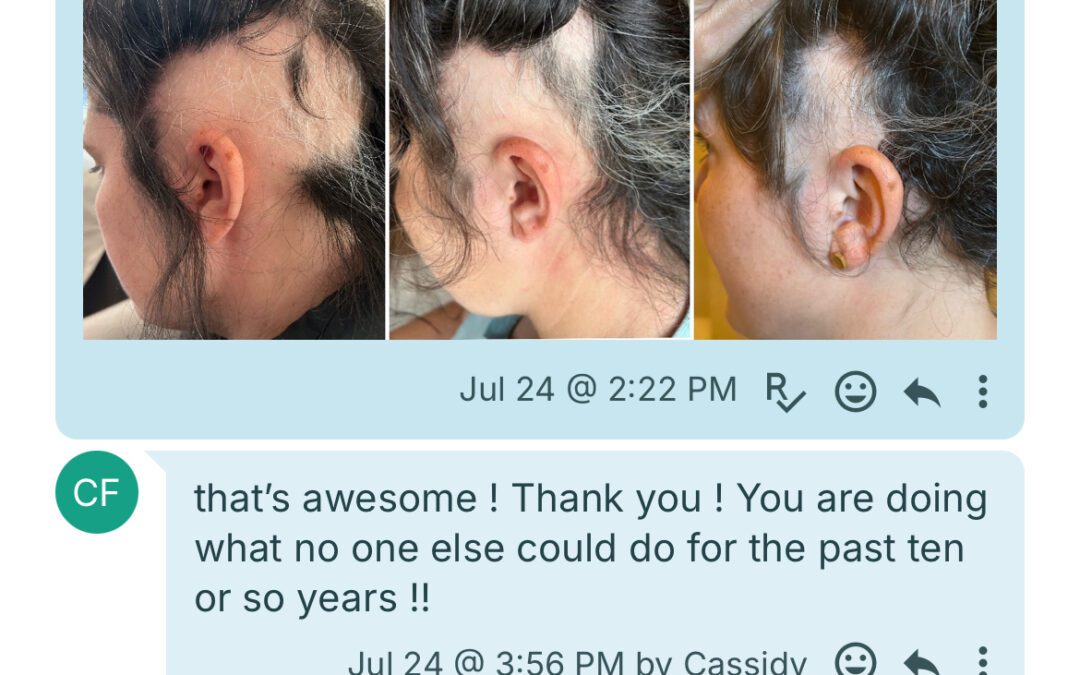
Alopecia Areata: A Functional Medicine and Trichology-Based Approach to an Autoimmune Hair Loss Condition
What Is Alopecia Areata? Alopecia areata is an autoimmune condition in which the immune system mistakenly attacks hair follicles, resulting in sudden, often patchy hair loss. It can affect the scalp, eyebrows, eyelashes, or other parts of the body. Unlike some forms...
